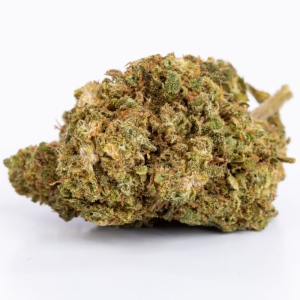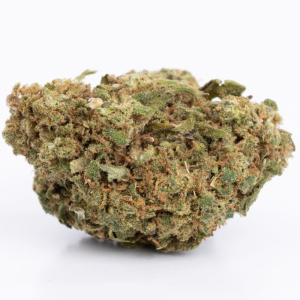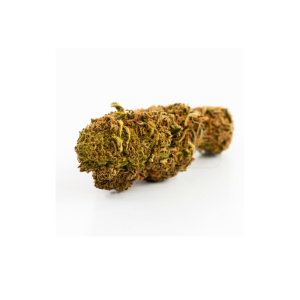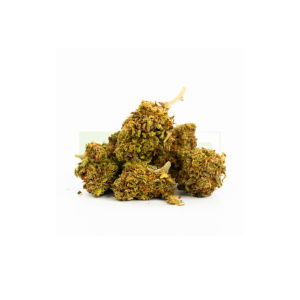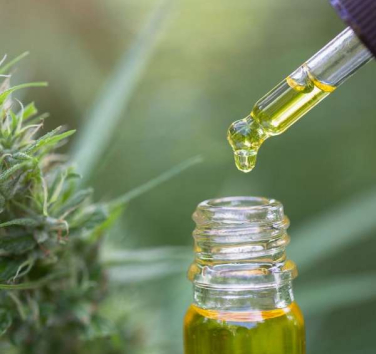H4CBD, or hydrogenated CBD
H4CBD, or hexahydrocannabidiol, also known as hydrogenated CBD, is a synthetic compound that has the ability to interact with our body's endocannabinoid system , like all cannabinoids extracted from the hemp plant. This molecule is produced in the laboratory by a CBD hydrogenation process.
If H4CBD has started to arouse some interest since last summer, it should be remembered that this substance was synthesized in the laboratory more than 80 years ago! H4CBD is therefore not a new cannabinoid, but scientific research has never been interested in this cannabinoid. Clearly, we don't have much reliable information about it.And that's why we don't offer any at 321CBD!
HHC, the banned cannabinoid
hexahydrocannabinol, more commonly known as HHC, is a synthetic molecule derived from cannabis which has recently been classified as a “narcotic product” in France, in the same way as two of its derivatives, HHCO (HHC-acetate) and HHCP (hexahydroxycannabiphorol).
According to the National Agency for the Safety of Medicines and Health Products (ANSM), HHC presents “a risk of abuse and dependence”, similar to that associated with recreational cannabis.
This cannabinoid, which emerged on the American market at the end of 2021, was identified for the first time in Europe in spring 2022, during a customs seizure. In addition to France, several other countries such as Austria, Belgium, Denmark and the United Kingdom have banned HHC.
Several major side effects linked to its consumption have been identified by the ANSM: tremors, vomiting, anxiety, intensified negative experiences (the famous “bad trip”) , mental confusion, malaise, tachycardia, chest pain, hypertensive crises, etc.
H4CBD vs. HHC: differences and similarities
H4CBD and HHC are both synthetic cannabinoids, but the similarities fortunately end there... On the one hand, H4CBD is a synthetic creation derived from CBD through a process of hydrogenation. On the other hand,HHC is found naturally in cannabis in small quantities, but its commercialized version is often synthesized from THC, a psychotropic molecule.
These two compounds also differ in their impact: H4CBD is thought to imitate the properties of CBD (but by multiplying them), while HHC has effects reminiscent of those of THC.


